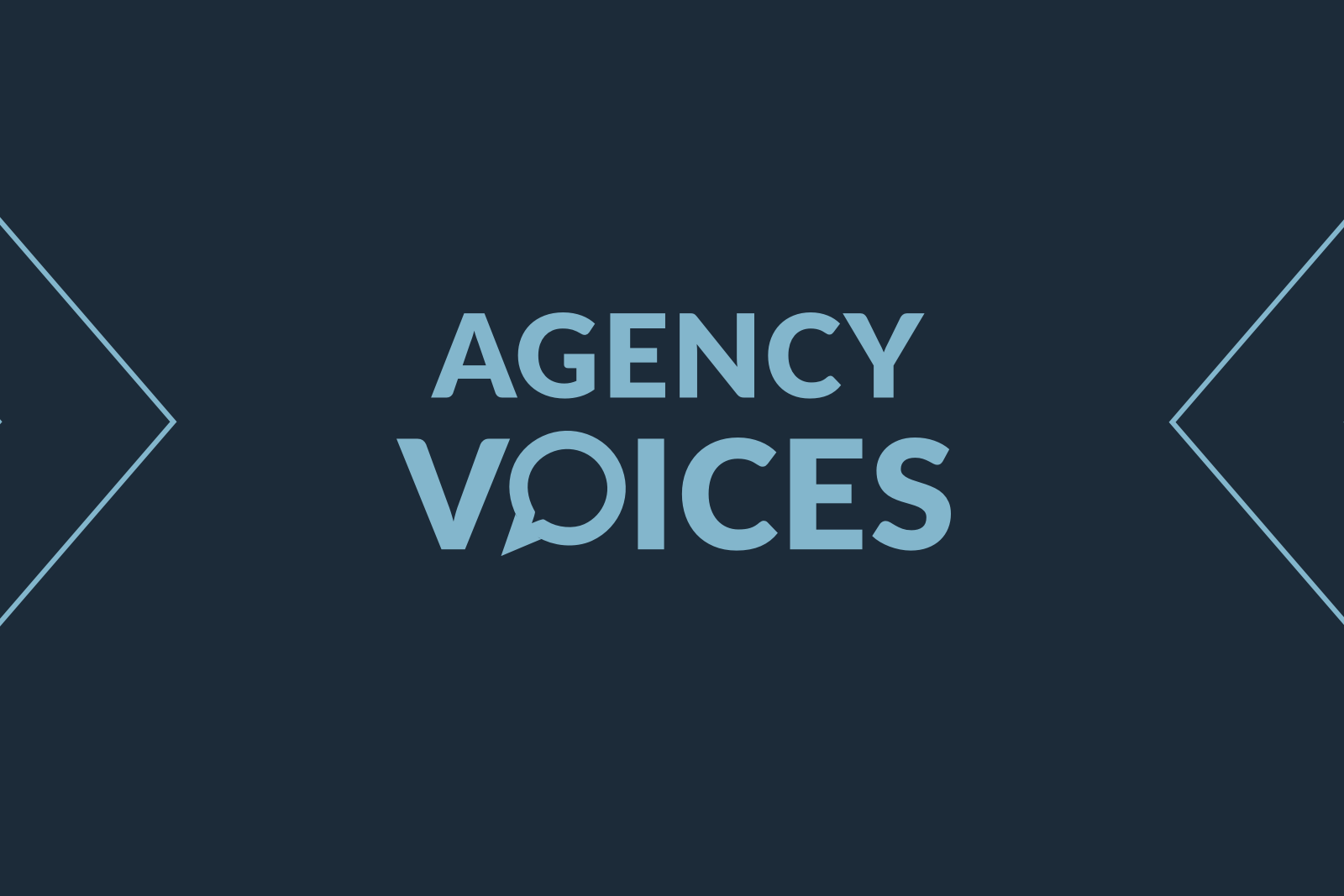DEI Makes a Difference

Being a person of color in the corporate world can be daunting. While that may not be news to many, it’s worth considering what living that experience is like on a daily basis—and how companies can create conditions to make it less discouraging.
Across many fields, Black professionals face tokenism and discrimination, among other challenges and barriers. However, some companies go above and beyond to support Black employees, actively and consciously working to create more equitable and inclusive workplaces. This level of support not only benefits Black employees but increases overall staff morale and productivity.
Let’s explore various ways companies can support Black employees—from developing clear policies on diversity and inclusion to providing mentorship opportunities to creating a culture of mutual respect and understanding. By implementing such initiatives, and perhaps other paradigm-shifting policies that serve specific corporate cultures, companies can create more collaborative, inclusive environments that benefit everyone.
Name and confront the challenges
As a Black professional, I often feel at a disadvantage, which usually takes the form of a particular kind of invisibility—as if my voice isn’t heard. From subtle microaggressions to blatant racism, I've experienced many forms of workplace discrimination.
One of the most common issues I see is tokenism. In the workplace, tokenism often manifests as hiring or promoting a small number of people from underrepresented groups, while maintaining a predominantly homogenous workforce. Sometimes the presence of a few non-white individuals is used as a shield to deflect criticism or justify exclusionary practices.
When individuals are hired primarily due to their identity, rather than their qualifications or potential, they may feel pressure to represent their entire cultural group rather than perform as individuals with unique skills, insights, and perspectives. This tokenism can lead to feelings of isolation and burnout, which can negatively impact productivity and retention rates. According to an analysis of 80 studies over 25 years, people hired as tokens have higher levels of depression and stress, and they’re less committed to their jobs.
I've often been the only Black person in the room, or even in an entire organization, which didn’t allow me to be my authentic self. And that hindered my creative and innovative output. Despite those unfortunate experiences, I’ve also found companies that offer real support for Black employees. In these environments, I’ve been appreciated, respected, and valued. I’ve encountered colleagues who take the time to understand my experience and advocate for me appropriately when I need their support. I’ve also seen companies invest in the professional development of Black employees.
Keep working toward equity
Here at The Lacek Group, we value diversity and inclusion, and we strive to create a workplace that’s welcoming and supportive of all employees.
One strategy we embrace is employee resource groups (ERGs)—for example, the Employees of Color (EOC) group, which provides space for members to connect, share experiences, and receive support. We organize events and initiatives—e.g., guest speakers, cultural fairs, and training sessions—that celebrate diversity and educate employees on the importance of inclusion.
The EOC has a large impact on making me feel like I belong at Lacek. I’ve also joined multiple DEI-focused task forces—most recently, the DEI Education task force. This group focuses on agency-wide education, hosting panel discussions, including one on women in tech, and perspective-widening presentations by local cultural leaders.
These internal affinity groups encourage me to apply my knowledge and experience as a strategist to my passion for diversity and inclusion—thus providing valuable career development opportunities.
This kind of support makes the workplace a more pleasant environment while increasing staff morale and productivity. When employees feel respected and appreciated in the workplace, they’re more likely to stay loyal to the company.
Find proactive ways to advance DEI
Creating a diverse and inclusive workplace is essential for a collaborative environment. Supporting Black employees and employees from other underrepresented groups starts with providing equal opportunities for them to grow, develop, and thrive.
Consider these seven ideas to allow DEI initiatives to strengthen your company’s culture and boost your business:.
-
Support initiatives that promote diversity and inclusion, such as affinity groups.
The Lacek Group's DEI initiative led to the creation of groups that connect regularly on key issues—i.e., ERGs (such as Employees of Color, Lacek Pride Community, and The Able Group) and subcommittees that manage educational, social, and professional experiences and events across the agency.
-
Develop clear policies on diversity and inclusion in the workplace, outlining expectations and consequences for behaviors that don’t align with the stated values.
Tech company Intel has been recognized for its commitment to diversity and inclusion in the workplace. Its 2020 annual Diversity and Inclusion Report includes detailed information on policies and initiatives that support underrepresented groups—including the Global Diversity, Inclusion & Social Impact organization, which develops and implements diversity and inclusion strategies across the company. Additionally, Intel’s comprehensive code of conduct articulates expectations for employee behavior, including a specific section on diversity and inclusion, and outlines a reporting process for any violations and consequences for noncompliance. By establishing clear policies and expectations, Intel is creating a culture of mutual respect and understanding that benefits all employees.
-
Listen to and respond to Black employees’ concerns and ideas—and make appropriate adjustments.
In response to the arrest of two Black men at one of its Philadelphia stores in 2018, Starbucks closed all of its U.S. stores one afternoon to conduct racial-bias training for employees. The company committed to a culture of inclusion through the launch of a BIPOC mentorship program and strategic partnerships with professional organizations that develop BIPOC talent. Starbucks also created a hotline for employees to report incidents of discrimination; these are then reviewed by an internal team that investigates and takes appropriate action. These active responses to unfortunate (and all-too-common) incidents demonstrate the company's commitment to listening to Black employees and taking concrete steps to address diversity and inclusion in the workplace.
-
Provide mentorship opportunities to ensure all employees learn from and are mentored by senior colleagues.
Goldman Sachs is promoting diversity and inclusion within its workplace via multiple programs. Launch with GS offers mentorship and sponsorship for Black, Latinx, and other underrepresented groups to help them advance their careers. Plus, company ERGs focus on diversity; for example, the Black Network offers opportunities for Black employees to network, learn from senior leaders, and receive mentorship.
-
Create an environment open to discussion and feedback—a safe space to discuss issues related to race and diversity.
Salesforce is a great example of a company that has developed clear policies on diversity and inclusion in the workplace. The software company’s comprehensive Equality Policy outlines its commitment to diversity, equity, and inclusion, as well as expectations for all employees. This policy clearly states that discrimination, harassment, and retaliation won’t be tolerated, and outlines the consequences for any behavior that violates the Equality Policy. Additionally, the Office of Equality is dedicated to ensuring that Salesforce policies are implemented and followed throughout the organization.
-
Foster a culture of mutual respect and understanding within the workplace. Don’t tolerate discriminatory behavior and take appropriate action when necessary.
Microsoft CEO Satya Nadella announced in June 2020 that the company would make a series of commitments to address racial injustice and support Black communities, including creating a more inclusive and supportive workplace. Since then, the company has launched several initiatives, including mandatory employee training on unconscious bias, a diversity and inclusion dashboard to track progress, and a focus on increasing diversity in leadership positions. Microsoft also regularly shares its diversity and inclusion data publicly, and has pledged to double the number of Black and African American employees in leadership positions by 2025.
-
Provide opportunities for Black employees to advance within the organization, including offering access to senior roles.
IBM has a long-standing commitment to diversity and inclusion, and has implemented various initiatives to support Black employees, such as the IBM Multicultural Women's Network and the IBM Black Network of Employees. These ERGs provide mentorship, professional development, and networking opportunities. Additionally, IBM is increasing the diversity of its suppliers by promising to fulfill 15% of first-tier supplier diversity spend with Black-owned suppliers by 2025. This commitment to diversity and inclusion has earned IBM recognition as a top company for workers of color from CNBC.
Black professionals often face challenges and barriers that hinder their advancement in the corporate world. Additionally, navigating subtle microaggressions and other behavioral results of unconscious bias can be arduous, leading to burnout and negatively affecting productivity and retention rates.
Yet companies can deploy successful strategies to nurture Black employees and create more equitable and inclusive work environments for all. Mentorship opportunities, a culture of mutual respect and understanding, and clear policies on diversity and inclusion are great ways companies can consciously craft an equitable environment. Implementing these initiatives fosters a more collaborative and inclusive workplace that benefits not only Black employees but the entire workforce.
From experience, I can tell you that feeling appreciated, respected, and valued in a supportive environment fuels my passion, my work, and my professional progress. Colleagues who take the time to understand my experiences and help lift my voice are essential to my positive experience. And companies that invest in my professional growth and development have helped me thrive in my career.
Creating a diverse and inclusive workplace is essential for everyone, not just Black employees. And that reachable goal requires providing equal opportunities for growth and development, supporting Black and other employees' authentic selves, and ensuring their unique skills and perspectives are heard and valued. When companies take these steps, they create a work environment where innovation, creativity, and productivity flourish.
Jasmin King is manager, Strategic Services, for The Lacek Group, a Minneapolis-based data-driven loyalty, experience, and customer engagement agency that has been delivering personalization at scale for its world-class clients for more than 30 years. The Lacek Group is an Ogilvy company.

